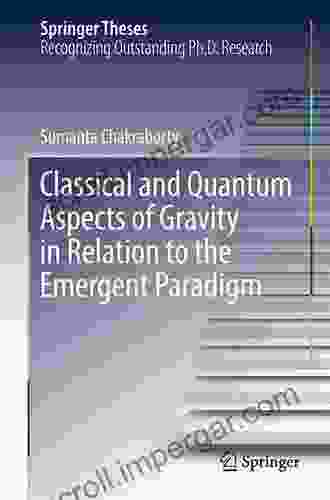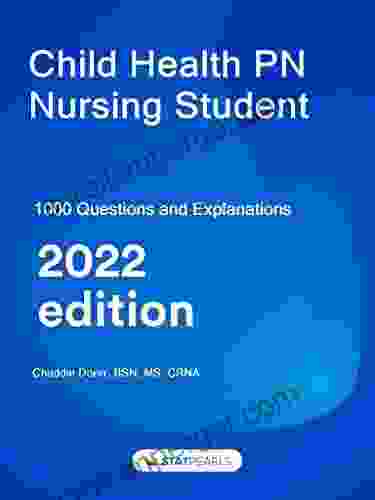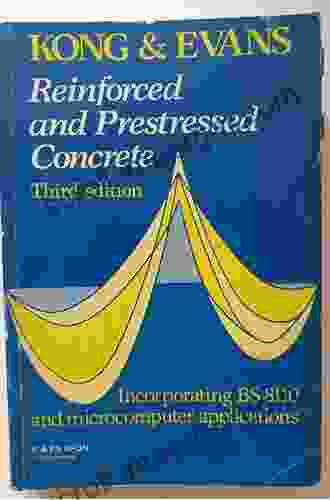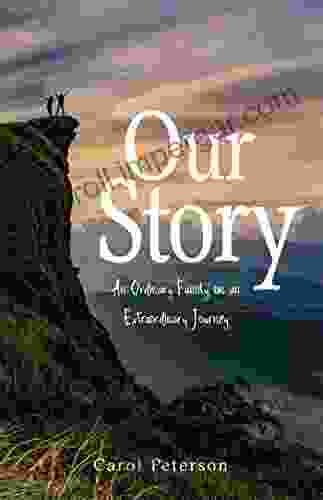Classical and Quantum Aspects of Gravity in Relation to the Emergent Paradigm: Unraveling the Mysteries of the Cosmos

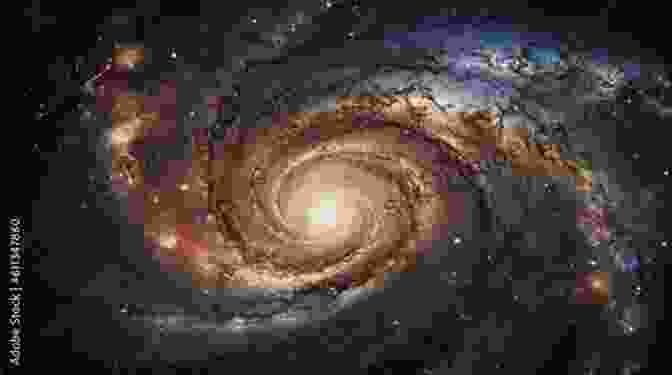
Gravity, one of the fundamental forces of nature, has captivated the minds of scientists and philosophers for centuries. Its enigmatic nature has led to the development of numerous theories, each attempting to unravel the secrets behind its workings. In recent years, the emergence of the emergent paradigm has shed new light on our understanding of gravity, challenging traditional notions and opening up exciting avenues for exploration.
5 out of 5
| Language | : | English |
| File size | : | 16472 KB |
| Text-to-Speech | : | Enabled |
| Screen Reader | : | Supported |
| Enhanced typesetting | : | Enabled |
| Print length | : | 284 pages |
Classical Gravity: A Foundation of Physics
Classical gravity, as described by Sir Isaac Newton's theory of universal gravitation, provides a framework for understanding the motion of celestial bodies. Newton's law of gravitation states that every particle of matter in the universe attracts every other particle with a force that is directly proportional to their masses and inversely proportional to the square of the distance between them. This simple yet powerful law has enabled scientists to make accurate predictions about the orbits of planets, the formation of galaxies, and other large-scale phenomena.
Quantum Gravity: Bridging the Gap
However, classical gravity falls short when attempting to explain phenomena on a very small scale, such as the behavior of subatomic particles. Quantum mechanics, which governs the behavior of matter at the atomic and subatomic levels, introduces a new set of rules that challenge the classical view of gravity. In quantum mechanics, gravity is not a force but rather a consequence of the curvature of spacetime. This curvature is caused by the presence of mass and energy, and it affects the motion of particles and the behavior of light.
The reconciliation of classical gravity with quantum mechanics is one of the most significant challenges facing physicists today. The development of a quantum theory of gravity is crucial for understanding the behavior of the universe at its most fundamental level, including the Big Bang, black holes, and the nature of dark matter and dark energy.
The Emergent Paradigm: A New Perspective
The emergent paradigm offers a novel approach to understanding gravity. It proposes that gravity is not a fundamental force but rather an emergent property that arises from the interactions of more fundamental entities. In this paradigm, gravity is seen as a collective phenomenon that emerges from the behavior of a vast number of particles or fields.
The emergent paradigm has gained traction in recent years due to its potential to reconcile classical and quantum gravity. By considering gravity as an emergent property, it may be possible to develop a unified theory that can seamlessly bridge the gap between the macroscopic and microscopic scales.
Implications for Our Understanding of the Universe
The exploration of classical and quantum aspects of gravity in relation to the emergent paradigm has profound implications for our understanding of the universe. It challenges the traditional view of gravity as an immutable force and opens up the possibility of new insights into the nature of spacetime, the behavior of matter, and the evolution of the cosmos.
By embracing the emergent paradigm, scientists may gain a deeper understanding of the fundamental laws that govern our universe. This knowledge could lead to advancements in various fields, including cosmology, astrophysics, and particle physics. It could also pave the way for the development of new technologies that harness the power of gravity in innovative ways.
The study of classical and quantum aspects of gravity in relation to the emergent paradigm is an exciting and rapidly evolving field of research. As scientists delve deeper into these concepts, we can expect to gain a more comprehensive understanding of the nature of gravity and its role in shaping the universe. This knowledge will undoubtedly shape our scientific worldview and inspire future generations of scientists and engineers to push the boundaries of human understanding.
5 out of 5
| Language | : | English |
| File size | : | 16472 KB |
| Text-to-Speech | : | Enabled |
| Screen Reader | : | Supported |
| Enhanced typesetting | : | Enabled |
| Print length | : | 284 pages |
Do you want to contribute by writing guest posts on this blog?
Please contact us and send us a resume of previous articles that you have written.
 Book
Book Novel
Novel Page
Page Chapter
Chapter Text
Text Story
Story Genre
Genre Reader
Reader Library
Library Paperback
Paperback E-book
E-book Magazine
Magazine Newspaper
Newspaper Paragraph
Paragraph Sentence
Sentence Bookmark
Bookmark Shelf
Shelf Glossary
Glossary Bibliography
Bibliography Foreword
Foreword Preface
Preface Synopsis
Synopsis Annotation
Annotation Footnote
Footnote Manuscript
Manuscript Scroll
Scroll Codex
Codex Tome
Tome Bestseller
Bestseller Classics
Classics Library card
Library card Narrative
Narrative Biography
Biography Autobiography
Autobiography Memoir
Memoir Reference
Reference Encyclopedia
Encyclopedia Catherine Anne Lewis
Catherine Anne Lewis Cassie Moore
Cassie Moore Richard Muti
Richard Muti Carolyn Costin
Carolyn Costin Cary Cherniss
Cary Cherniss Todd C Elliott
Todd C Elliott Carol Taylor
Carol Taylor Carrie Eastman
Carrie Eastman Michael L Eads
Michael L Eads Melody Anne
Melody Anne Peter A Alces
Peter A Alces Cab Mclarty
Cab Mclarty Cem Emrence
Cem Emrence James Clerk Maxwell
James Clerk Maxwell Cathy Bramley
Cathy Bramley Katherine E Standefer
Katherine E Standefer Mary Engelbreit
Mary Engelbreit John Newton
John Newton Franco De Angelis
Franco De Angelis Julie J Rekha
Julie J Rekha
Light bulbAdvertise smarter! Our strategic ad space ensures maximum exposure. Reserve your spot today!
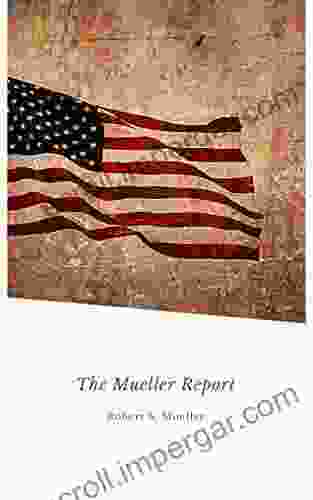
 Timothy WardUnraveling the Truth: Report On The Investigation Into Russian Interference...
Timothy WardUnraveling the Truth: Report On The Investigation Into Russian Interference...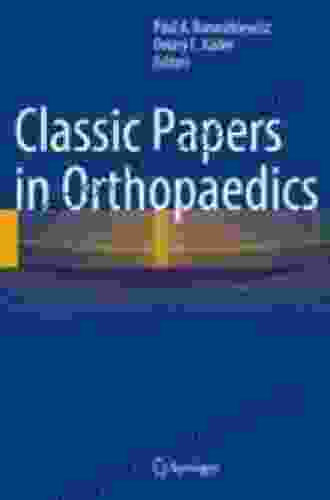
 William ShakespeareDelve into the Timeless Treasures of Orthopaedics: Discover Classic Papers...
William ShakespeareDelve into the Timeless Treasures of Orthopaedics: Discover Classic Papers... Simon MitchellFollow ·18.7k
Simon MitchellFollow ·18.7k George R.R. MartinFollow ·10.1k
George R.R. MartinFollow ·10.1k Owen SimmonsFollow ·9.4k
Owen SimmonsFollow ·9.4k Oscar WildeFollow ·19.7k
Oscar WildeFollow ·19.7k Bret MitchellFollow ·3k
Bret MitchellFollow ·3k Allan JamesFollow ·13.3k
Allan JamesFollow ·13.3k Nick TurnerFollow ·12.2k
Nick TurnerFollow ·12.2k Kenneth ParkerFollow ·7k
Kenneth ParkerFollow ·7k
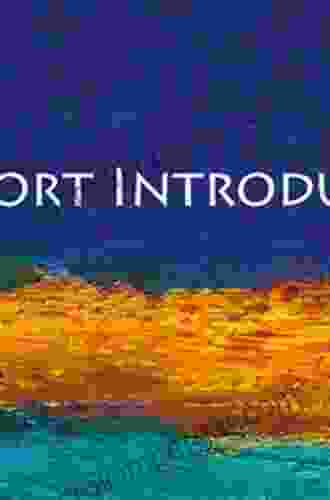
 Henry Hayes
Henry HayesVery Short Introductions: A Gateway to Knowledge...
In the realm of academia, where vast oceans of...
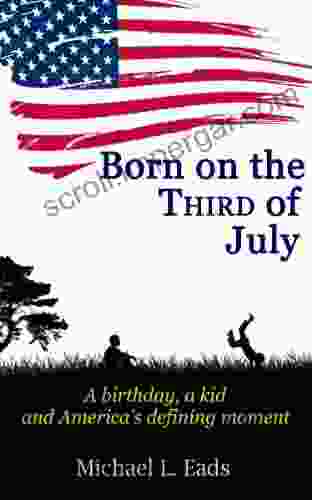
 Jean Blair
Jean BlairBorn on the Third of July: An Unforgettable Journey of...
Born on the Third...

 Benjamin Stone
Benjamin StoneEnvironmental Offsets: Striking a Balance between...
In the face of pressing environmental...

 Colin Foster
Colin FosterGirl With Power: My Boyhood Bully Diary
In this gripping and...

 Colin Foster
Colin FosterUnveiling the Unseen: The Collected Works of Charles Fort
Prepare to venture into...

 Gabriel Mistral
Gabriel MistralUnveiling the Hidden World of the English Republican...
Dive into the captivating world of 'The...
5 out of 5
| Language | : | English |
| File size | : | 16472 KB |
| Text-to-Speech | : | Enabled |
| Screen Reader | : | Supported |
| Enhanced typesetting | : | Enabled |
| Print length | : | 284 pages |


